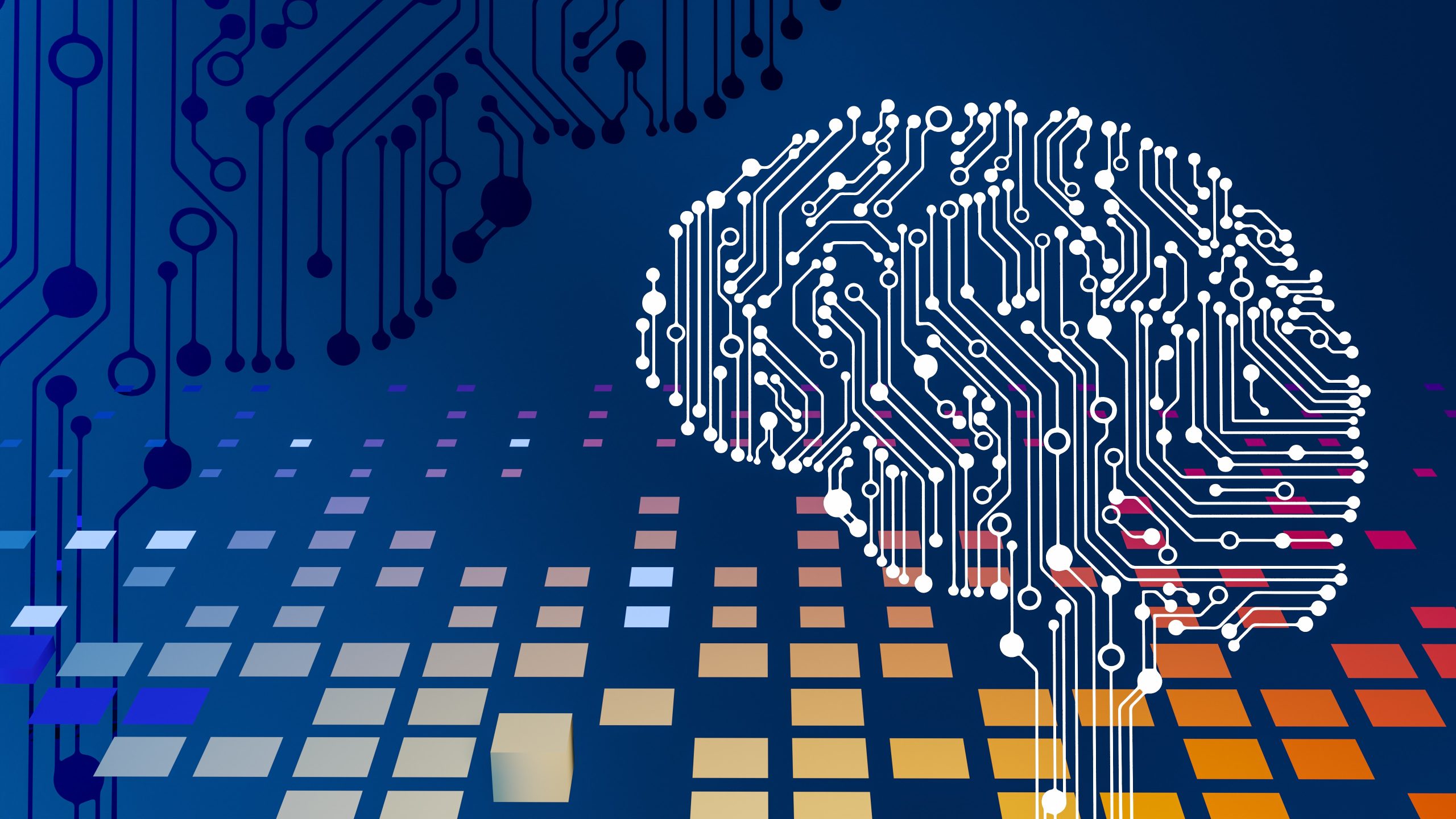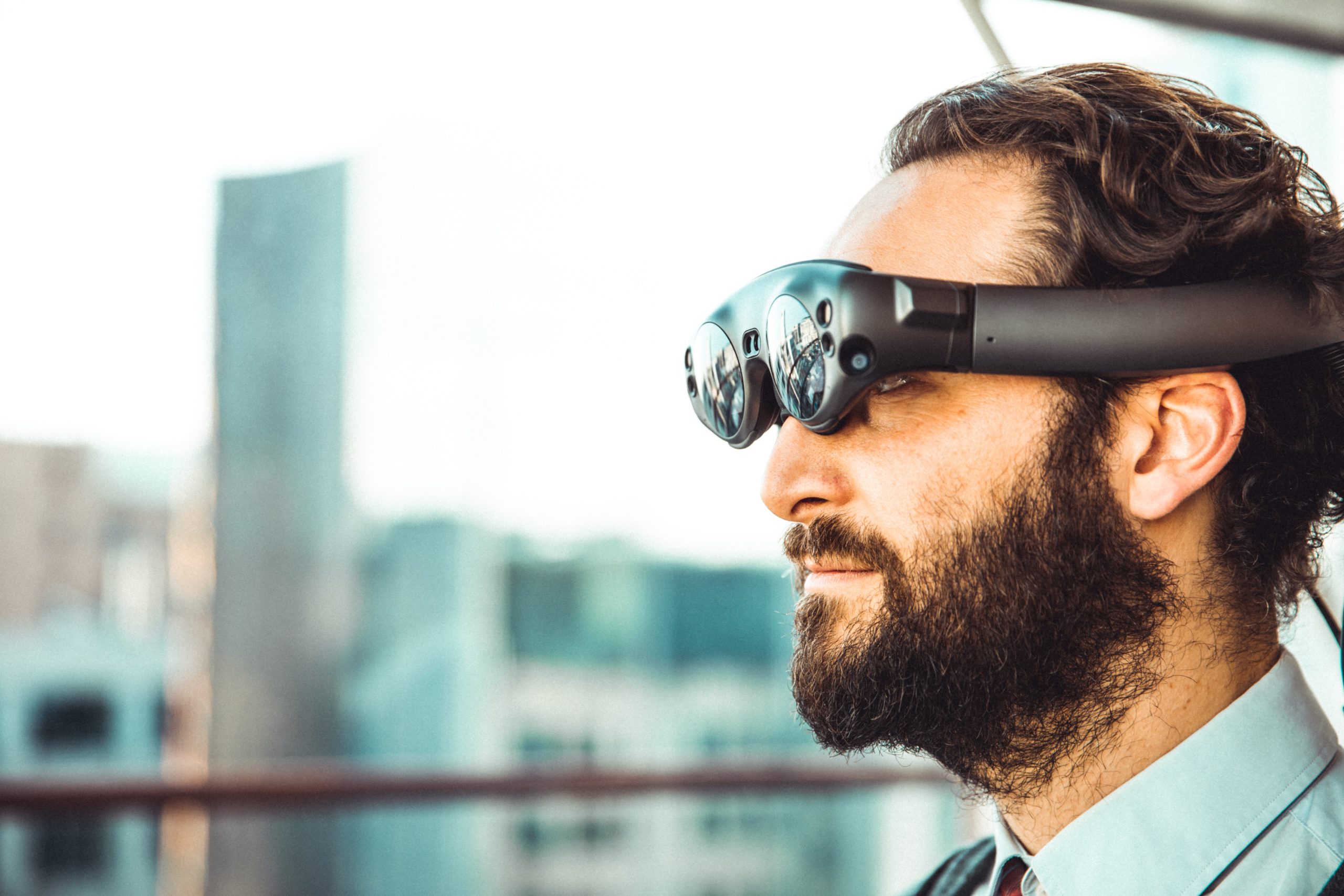A decade ago, the healthcare landscape was virtually unrecognizable from what it is today. Have you noticed the changes? There have been numerous catalysts for this transformation, most notably technological advancements, the emergence of new and formidable diseases, shifting patient demands, and the ever-intensifying emphasis on a patient-centric approach.
These factors have not merely provided fleeting glimpses into the future; they have fundamentally reshaped the healthcare landscape, fashioning a system that is not only more intelligent and accessible but is also unswervingly dedicated to enhancing patient outcomes.
So, what about healthcare in 2023?
Well, 2023 hasn’t been immune to new trends. Let’s delve into the most significant trends that have thus far shaped healthcare in 2023.
Internet of Medical Things (IoMT)
The Internet of Medical Things refers to the interconnected network of medical devices and sensors that collect and exchange healthcare data. These devices range from wearable fitness trackers to advanced medical equipment, such as smart infusion pumps and remote patient monitoring devices.
Sensors
IoMT relies heavily on sensors that can capture various physiological and environmental data. These sensors are integrated into medical devices, allowing healthcare providers to continuously monitor patients’ vital signs, activity levels, and other relevant health metrics. The real-time data generated by these sensors enables early intervention and personalized care plans.
Connected Medical Devices
The proliferation of connected medical devices means that healthcare professionals can remotely monitor and manage patients’ conditions. This has the potential to reduce hospital readmissions, lower healthcare costs, and improve patient outcomes. For instance, patients with chronic illnesses can use connected devices to track their health at home, with data automatically transmitted to their healthcare providers for analysis.
Healthcare Smart Scale Solutions
Healthcare smart scales are a prime example of IoMT in action. These devices go beyond simple weight measurement, providing comprehensive insights into body composition. This includes critical metrics like body fat percentage, muscle mass, and bone density.
But these smart solutions don’t just stop at data collection. By seamlessly integrating with mobile apps and cloud platforms, they empower both healthcare providers and patients to continuously monitor and track changes in weight and body composition over time. The sensors on these devices are so precise, that they detect even the most subtle changes, alerting healthcare providers to potential issues early on.
This early warning system can make a world of difference, potentially averting complications and the need for hospitalizations, ultimately improving the patient’s quality of life and reducing healthcare costs. What’s more, regular monitoring unlocks a data treasure trove that tracks the effectiveness of patient treatment plans. With this valuable information in hand, healthcare providers can swiftly adapt the treatment strategy if it’s not delivering the desired results.
Wearable Devices
Wearable devices have become ubiquitous in our daily lives, and they are making a significant impact on healthcare as well. From smartwatches that monitor heart rate to fitness trackers that count steps, wearables provide individuals with real-time health data. This year, they’re also getting smarter. With enhanced health tracking capabilities and seamless integration into healthcare providers’ systems, wearables are transforming from simple accessories into indispensable health companions.
Remote Patient Monitoring

Remote patient monitoring (RPM) has gained traction as a vital component of patient care, especially since the COVID-19 pandemic. These days, RPM has become integral to modern healthcare delivery, as with RPM, patients can be monitored from the comfort of their homes, reducing the need for frequent in-person visits and improving access to care. Moreover, remote patient monitoring, allows healthcare providers to monitor patients’ vital signs and chronic conditions in real-time. This not only enhances patient care but also reduces hospital readmissions and healthcare costs.
Artificial Intelligence (AI) and Machine Learning

AI and machine learning continue to transform healthcare by enhancing diagnosis, treatment, and patient care. Lately, AI-powered applications have become even more sophisticated. From predictive analytics that identify high-risk patients to AI-driven robots assisting in surgery, AI is revolutionizing various aspects of healthcare.
And as for machine learning algorithms, with it’s capacity to analyze colossal datasets at speeds beyond human capability, researchers can uncover insights and patterns that were previously hidden. In other words, machine learning is helping researchers discover new treatment options and ultimately improve patient outcomes.
Personalized Medicine and Genomics
The future of healthcare is undeniably personalized. From treatment plans and medications to diet and exercise recommendations, patients are increasingly receiving care that considers their unique characteristics and needs. Advances in AI, genetics, and data analytics are driving this trend, enabling healthcare providers to offer tailored solutions that maximize patient well-being. This approach ensures that patients receive the most effective and appropriate care for their specific conditions, minimizing adverse effects and maximizing treatment success.
Mental Health and Well-being

The COVID-19 pandemic has highlighted the need for accessible and effective mental health care. Telehealth services, virtual therapy sessions, and AI-powered mental health apps are making it easier for individuals to access mental health support when they need it most.
Value-Based Care
Value-based care is a healthcare delivery model that prioritizes the quality and outcomes of care over the volume of services provided. This model is gaining more and more momentum as healthcare providers recognize the need to improve patient outcomes while controlling costs.
Value-based care incentivizes healthcare providers to focus on preventive measures, patient engagement, and coordinated care to ensure patients receive the right care at the right time. This shift towards value-based care benefits patients by promoting more efficient and effective healthcare delivery and ultimately leading to better health outcomes.
Augmented reality and Virtual Reality

Augmented reality (AR) and virtual reality (VR) technologies are finding applications in various healthcare domains. In medical education and training, AR and VR provide immersive and realistic simulations, allowing medical professionals to practice complex procedures and scenarios in a safe environment. Additionally, these technologies are enhancing medical diagnosis and imaging, providing more detailed and interactive views of patient data.
Improving Patient Lives With Healthcare in 2023
The healthcare landscape in 2023 is defined by a dynamic interplay of technological innovation, patient-centric care, and a growing emphasis on holistic well-being and value-based care. From the integration of AI and machine learning to the expansion of IoMT, the rise of personalized medicine, and the emphasis on mental health services, these trends are shaping the way patients receive care, making it more accessible, efficient, and effective. As healthcare continues to evolve, one thing remains certain: patient care is at the heart of every innovation.
Discover how our innovative solutions are helping healthcare professionals improve lives and outcomes for individuals around the world.




